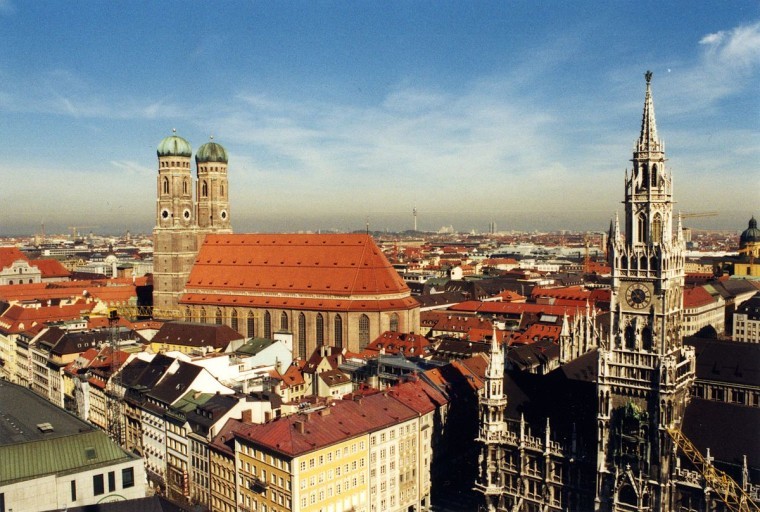After over a decade with their Linux experiment, Munich city authorities are considering a return to Microsoft's Windows.
Back in 2003, the Bavarian capital decided to ditch Windows for an open-source solution, thus LiMux (Linux + München) was born. The move was mostly completed by 2009 and cost the city over €30m ($32m) with 15,000 PCs being migrated to the open-source OS. In 2014, however, the city's newly elected mayor expressed a desire to move to Microsoft's OS, although at the time he maintained that there were no plans for any such shift.
Last year, he commissioned a report from consultants, including Accenture, that concluded that users would be better suited by having the option of using Windows 10 and Office. This move has been criticized, as Accenture is a Microsoft partner.
Matthias Kirschner, the president of Free Software Foundation Europe (FSFE) commented:
"The mayor was against free software from the beginning. When he was elected, he took pride in getting Microsoft to move their office to Munich [a move that took place last September]. He even gave this study to Accenture, which is a Microsoft partner."
Kirschner also added that the software itself wasn't the problem but poor management was the cause of concern noting that "a lot of the dissatisfaction with the software is due to old versions, and they are not rolled out because of organizational problems". A claim which is supported by the data.
The city committee which is pushing the Windows proposal, however, maintained that users will be able to use whichever OS suits them, at least for a while, and that this shouldn't be characterized as an ideological battle.
Anne Hübner, IT spokeswoman on the personnel committee, told ZDNet:
"Much of the server structure will remain as it is today. LibreOffice can also continue to be used, but we'll allow our employees to use Microsoft products if they so wish ...
I don't think this whole LiMux-Microsoft thing should be debated on high ideologically driven emotions. In the future, whatever product fits our interests best, will be used. It will take some time to determine what's best and what's best may also change over time, as the digital industry and user requirements are changing fast."
The re-adoption of Windows, should it happen, will be scheduled to be completed by 2020 and if the current proposal goes through, then the city's systems will once again uniformly rely on Microsoft's operating system. However, Accenture's own report highlighted the need for the city to move towards platform-independent applications like web apps and streamed apps.
Until then, the committee recommends that users should be given a choice between the two operating systems.
Back in 2014, the Mayor of Munich estimated a cost of €3.15m ($3.34m) of hardware costs for adopting Windows 7 which would also involve write-offs concerning Linux but, the cost of a transition to Windows 10 still remains to be seen. The proposal is to be discussed next week, and this could turn out to be a big win for Microsoft whose former CEO, Steve Ballmer, had attempted to avert their initial decision of migrating to Linux.
Update: According to ZDNet, the council has voted for the motion and decided to abandon the open-source solution for Windows 10. Amid criticism from the opposition, the governing coalition went ahead with the move anyway. However, cost continues to be an issue with an estimated €6 million to be spent on switching the platforms alone, plus an annual €1m on licensing costs. This number does not factor in training, hardware costs and the additional costs pertaining to the change.
Florian Roth, a member of the opposition Greens party criticized the move in a tweet:
While the rival factions fight it out verbally, Munich seems poised to take on Microsoft's OS as the city's official OS even amid security concerns which SPD's Alexander Reissl brushed off, calling Windows the "industry "standard".
Source: ZDNet


















21 Comments - Add comment